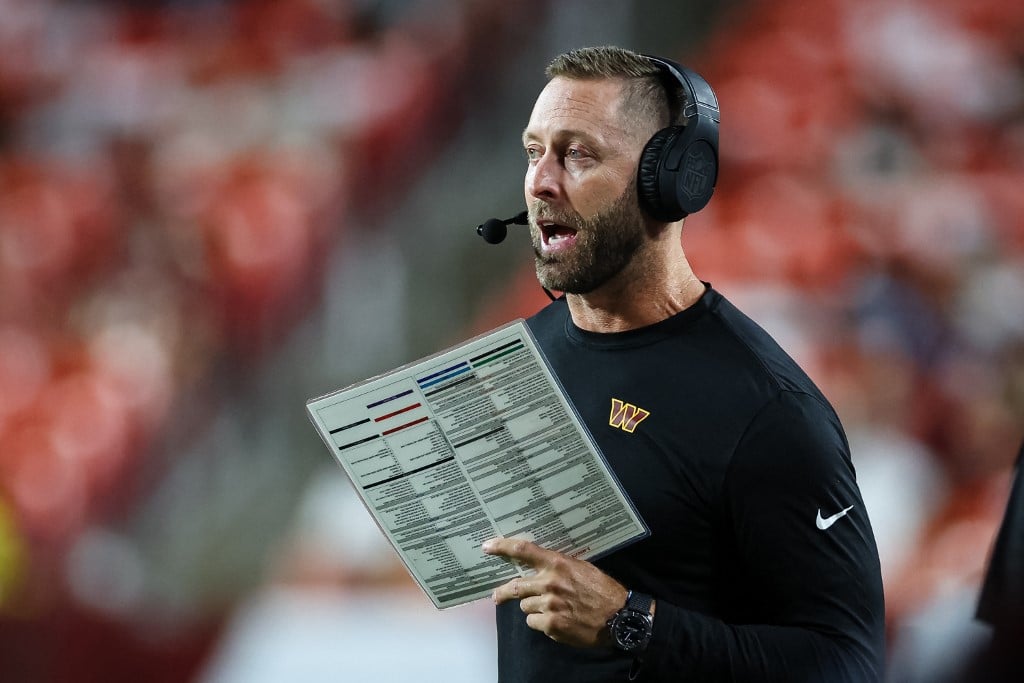For NFL bettors, the Lookahead Line is a fairly new product designed to create betting options about 10/11 days before the next week of games are to be played. Anyone can bet these numbers and from this seat, it seems to have two purposes:
- To attract money from bettors on games 90 percent of the betting public wouldn’t even consider, thus, generally sharper action.
- To test the betting marketplace and see if a mistake is made that can be easily corrected before the masses step in the following week.
Lookahead Lines are the offshoot of the old Outlaw Lines, which was a product a few offshore sportsbooks offered to sharp bettors to tighten their numbers before the larger volume arrived. These numbers are mostly available until Thursday or Sunday before the next wave of games are played. Oddsmakers possibly reset those numbers after the teams have played on an NFL Sunday and released that Sunday evening considering what just occurred that day.
Are Lookahead Lines Helpful?
Lookahead Lines are a potential tool for those wanting to get a feel for what lies ahead before the next games are played.
In this case, you take the current upcoming numbers that relate to a person’s power ratings. Determine the present difference to make an ATS number. Next, consider how the next two opponents will fare in the upcoming weekend, and think of how each team played, great, average, not good or terrible. The range should be about 1.5 points going in either direction depending on the outcomes of their contests.
Once you have the results, you can grade and make alterations to your numbers. Take your adjusted point spread, and see how it compares to your thinking. (Never look at the oddsmakers number first, it could prejudice your thinking.)
If the numbers match or are extremely close, you probably have a fair number. If it is off, you have the Sunday night game to watch football and contemplate why there is a difference. Is it you or the oddsmakers who’s wrong?
Performing this exercise can become a significant difference-maker as you start to think like a line-setter.
Understanding Why Lines Are Different Than Anticipated
Among the reasons an adjusted Lookahead Line is off is you are not aware of additional information to evaluate your betting odds. Maybe you missed a key injury or two from a contest you were not watching. That could significantly alter a point spread, even if the injury suffered still has to be thoroughly inspected.
Or let’s face it, you could just be wrong. Oddsmakers are paid to be right with their released odds. You are not. Go back and check the methodology you performed and look for potential flaws. Maybe there are not any miscues and you are onto something this week.
Become a Stats Geek To Better Understand Lookahead Lines
One of the biggest mistakes amateur bettors make in reviewing Lookahead Lines is the process. Truthfully, that is true week to week, but it seems especially so for these lines. What stands out is accepting the final score as the end-all result. Sharp bettors and linemakers pour through stats to have a better understanding of wins and losses.
Let’s say a team was favored by a touchdown and losses by 10 on the road. Enough bettors would just say that was an upset and leave it alone.
The savvier expert could find the favorite out-gained their opponent by 160 yards and owned a 36 to 24 time of possession edge. Upon closer inspection, the quizzical bettor finds the favorite committed four turnovers that led to a -3 turnover margin.
Twice they had turnovers inside their 40 and 20-yard lines which the opposing team turned into two quick touchdowns. That’s 14 points. Additionally, the visiting fave normally commits 42 yards in penalties, for this encounter they had 85, double their average, which probably hurt them on both offense and defense.
The normal pigskin bettor would think this club’s line would be lowered after such a setback. The football bettor that puts in the extra work would not be shocked at all if the same team doesn’t suffer for the point spread in the next outing or on the Lookahead Line, because they comprehend it was “one of those days” and they move on still believing this is a good football team.








